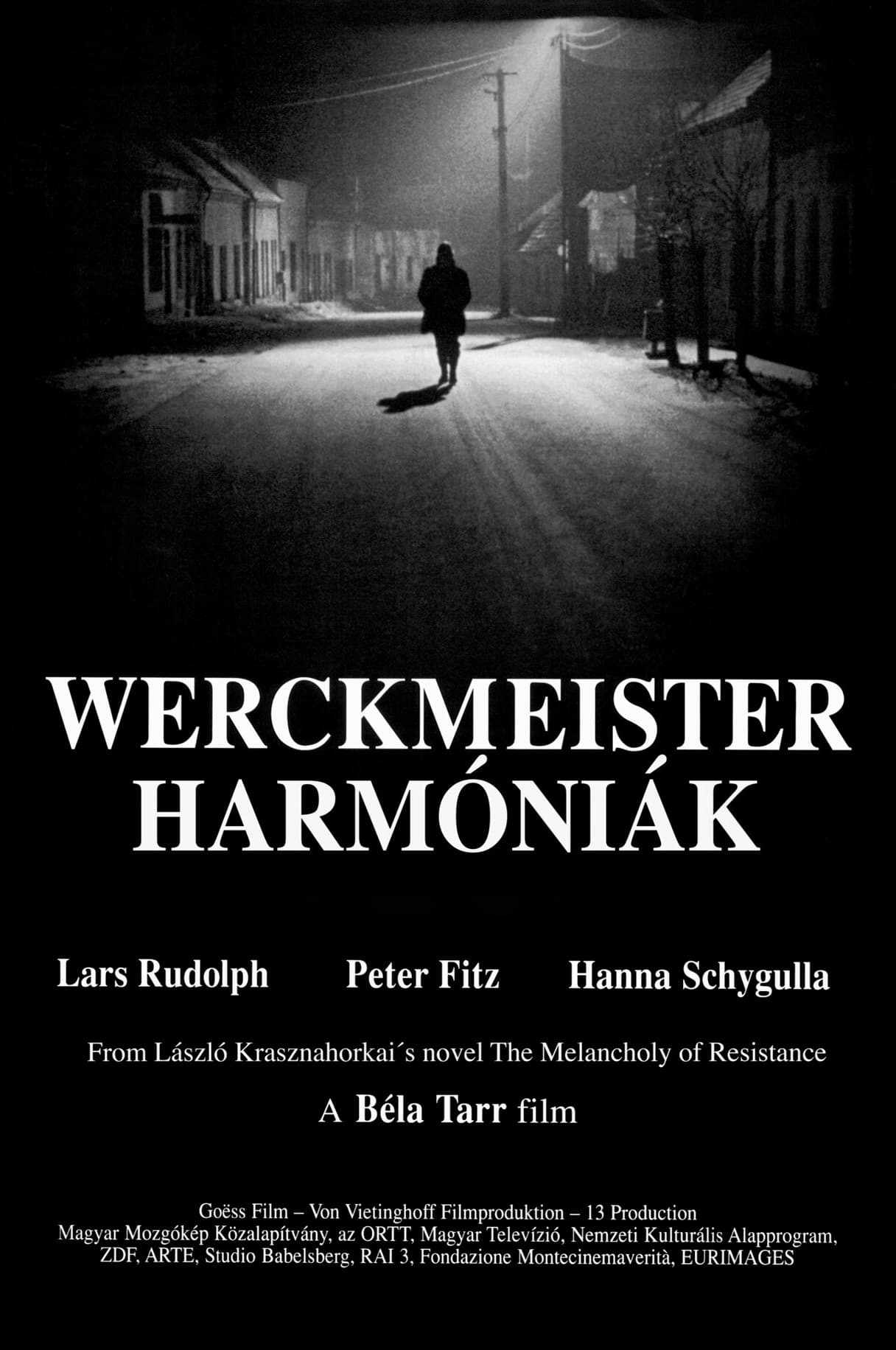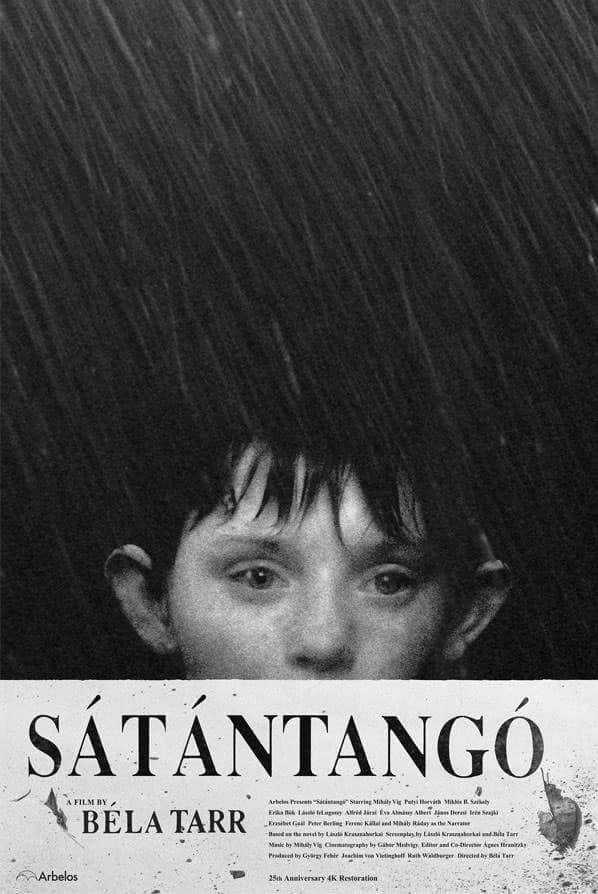
Béla Tarr
**Béla Tarr** (1955) is an acclaimed Hungarian director, an emblematic figure of contemporary auteur cinema.
Initially oriented towards social realism, his filmography underwent a radical stylistic transformation starting with *Damnation* (1988). From this point, his distinctive characteristics emerged: extremely long takes, a black-and-white aesthetic, and a contemplative rhythm, often in collaboration with writer László Krasznahorkai and composer Mihály Vig.
Among his most celebrated works are the monumental *Satantango* (1994), over seven hours long, *Werckmeister Harmonies* (2000), and *The Turin Horse* (2011). His films explore themes of despair, solitude, and the decline of humanity in desolate landscapes, with characters often on the margins of society. His style is bleak, existential, and profoundly pessimistic.
Tarr is considered a master of "slow cinema" and declared his retirement after *The Turin Horse*, leaving a legacy of uncompromising and hypnotic cinema.

